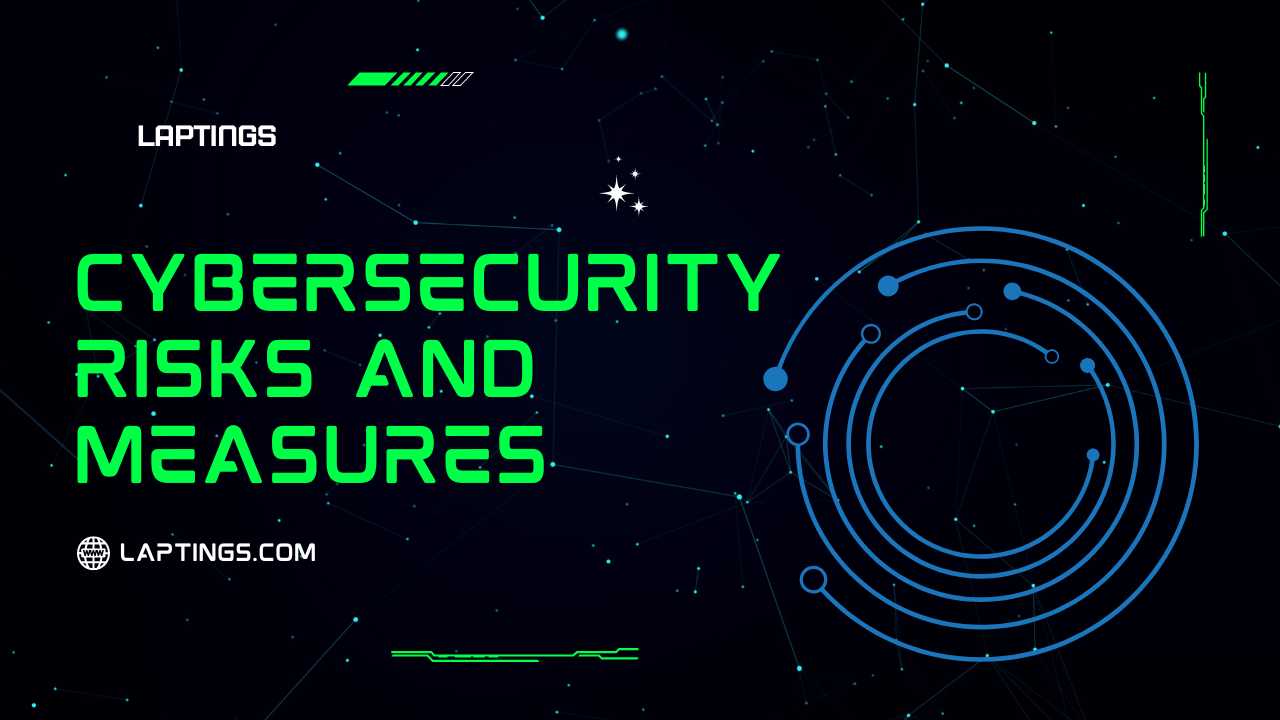Cyber security salary guardians tirelessly work behind the scenes to keep our virtual identities safe in an era where digital fingerprints are scattered across various platforms. But have you ever wondered how much these unseen heroes earn for their crucial role in safeguarding our data? Welcome to the intriguing world of cybersecurity remuneration.
This article takes you on a journey into the financial realities of these modern-day knights, answering the burning question – Are Cyberspace Protectors Well-Paid? Buckle up and prepare to demystify the truth about cybersecurity salaries!
Defining Cyber Security and Its Importance
Cybersecurity is no longer a fancy term buzzing around in the IT corridor; it has become an essential part of our everyday lives. At its core, cybersecurity involves protecting internet-connected systems – including hardware, software, and data – from cyber threats. This digital shield safeguards our data from breaches and attacks that can lead to potential detrimental consequences.
Cyber security salary extends beyond the individual: it’s crucial for business entities, governmental organizations, and nations at large! We’re sharing more fragile information digitally than ever before. Therefore, these precious bytes are left vulnerable to infiltration by maleficent parties worldwide without effective cybersecurity measures. Imagine waking up one day to find all your savings siphoned off through cyber theft. Sound unnerving? That’s precisely why there’s an increasing demand for professionals excelling at securing cyberspace; they are among the most well-paid individuals in today’s job market.
Understanding the Role of Cyberspace Protectors
Unveiling the cloak on cyber security salary protection, let’s understand who these covert operators—who you might call the ‘Knights of Cyberspace’—indeed are. Imagine our virtual realm as an uncharted cosmos of potential threats: asteroid attacks embodying malware outbreaks, rogue satellites symbolizing hackers, and tech pirates. In such a scenario, cyberspace protectors act as vigilant space guardians, safeguarding our sensitive data from getting sucked into black holes of cyber thefts.
Like any knight donning his armor for battle, these digital defenders are equipped with complex tools and skills—knowledge in cryptology, advanced attack mitigation strategies, and a deep understanding of emerging technologies—all married with their inherent problem-solving instincts. This fusion not only aids them in deflating every threat balloon but also helps maintain harmony in our expansive digital universe. Now, doesn’t that justify giving them their deserved due? Wouldn’t you agree that cyberspace protectors deserve to be well compensated? After all, they keep us all secure in this vast cosmos we call cyberspace!
Skills and Qualifications Required for Cybersecurity Jobs
1. Technical Knowledge: This is the most obvious requirement for a cybersecurity job. A strong understanding of computer systems, networks, and programming languages such as Python, Java, or C++ is crucial.
2. Understanding of Cybersecurity Principles: Understanding standard security protocols and systems like firewalls and intrusion detection/prevention systems (IDS/IPS) is necessary.
3. Familiarity with Threats: A good cybersecurity professional should be familiar with cyber threats like viruses, worms, Trojans, etc., their mechanisms, and ways to mitigate them.
4. Certifications: Many positions require certifications such as Certified Information Systems Security Professional (CISSP), Certified Ethical Hacker (CEH), and CompTIA Security+, among others.
5. Experience with Operating Systems: Proficiency in various operating systems, including Linux, Windows, or MacOS, can be essential since attackers often target these.
6. Cryptography Skills: Understanding how encryption works and its uses in securing information are critical
Components of cryptography skills.
These include:
- Knowledge of Encryption Algorithms: Cryptographers must be well-versed with various encryption algorithms like RSA, AES, DES, etc., and understand the strengths and weaknesses of each.
- Code Breaking: This involves decrypting encrypted data without access to the key used for encryption. It requires a strong understanding of mathematical concepts and problem-solving abilities.
- Familiarity with Hash Functions: A hash function using cryptography for mapping data to a fixed size. Knowledge about popular hash functions like SHA-256 or MD5 is essential.
- Understanding Symmetric and Asymmetric Encryption: Symmetric encryption uses the same key for encryption and decryption, while asymmetric encryption uses different keys (public and private keys). Both types have their applications, advantages, and disadvantages.
- Public Key Infrastructure (PKI): PKI comprises roles, policies, hardware, software, and procedures needed to create, manage, distribute, use
Various Positions in the Cybersecurity Industry
Cyber security salary offers diverse roles, each with unique responsibilities and challenges. From Risk Analysts who evaluate potential security threats and devise mitigation strategies to Security Engineers building fortified systems – every position plays a critical role in maintaining our digital defense lines.
Diving into cybersecurity, you realize it’s not a ‘one-size-fits-all’ field; instead, it’s a Pandora’s box filled with diversified roles that raise the suspense and excitement a notch. Think of Risk Analysts! These individuals are like an organization’s skilled prophets—they predict potential security loopholes and devise ironclad mitigation strategies to ensure no weak spots remain susceptible. Their work resembles a master weaver delicately crafting an intricate fabric without leaving any vulnerable gaps.
Average Salaries for Different Cybersecurity Roles
1. Information Security Analyst:
These analysts are the first line of defense in an organization’s information security infrastructure. They are responsible for planning and implementing security measures to protect computer systems and networks from cyber threats. The average salary for this role is around $99,730 per year.
2. Cybersecurity Engineer:
These professionals design, implement, and maintain the overall security infrastructure of an organization. This role often requires a higher level of expertise than an analyst position. The median annual salary for cybersecurity engineers is approximately $102,470.
3. Cybersecurity Consultant:
A consultant works with organizations to advise on their cybersecurity strategies and protocols based on current industry standards and best practices. Their average income can range from $90,000 to $160,000, depending on their experience level.
4. Network Security Administrator:
These professionals ensure that network infrastructures are secure from potential breaches or attacks by continuously monitoring and managing firewalls or intrusion detection systems within an organization’s network system.
Factors Influencing Pay Scale in Cybersecurity
1. Experience and Skills: The more experience and skills a cybersecurity professional has, the higher their potential pay. That includes not only years of experience but also specific abilities, such as knowledge of different programming languages or cybersecurity certification.
2. Education Level: Higher educational attainment often leads to a higher pay scale in cybersecurity. Those with advanced degrees in fields related to cybersecurity usually command a higher salary.
3. Job Role: The role one occupies within the cybersecurity sector can significantly affect their pay scale. For instance, security analysts may earn less than information security managers or IT project managers who oversee more extensive operations.
4. Industry: The industry in which a cybersecurity professional works can also impact their salary. Specific sectors like finance, healthcare, or government typically offer higher salaries for cybersecurity professionals due to the sensitive nature of the data they handle.
5. Location: Geographical location plays a significant part in determining the pay scale in cybersecurity. Regions with a high cost of living often offer higher salaries than those with lower costs.
6. Demand and Supply: In areas with high demand but a low supply of skilled cybersecurity professionals, organizations are likely to offer higher salaries to attract and retain talent.
7. Complexity of Work: More complex tasks require more expertise, which typically commands a higher salary in cybersecurity.
These factors vary from individual to individual; hence, no two people will have precisely identical incomes even if they hold similar positions in the same industry or company.
Conclusion: Evaluating Compensation in the Cybersecurity Industry
In conclusion, compensation in the cyber security salary is evaluated more comprehensively to match its fast-paced nature and high-demand necessity. Economically, it stands firmly on a relatively higher rung than other sectors. Yet, it’s still not immune from inconsistency brought about by factors like location, experience, specialization, and even gender. Salaries could lead as the initial attractor for potential cyber protectors; however, institutes should consider professional development opportunities and benefits equally.
Additionally, breaching a culture of interest for cyber defense roles among younger generations or less traditional demographics such as women or individuals transitioning mid-career will require dispelling myths surrounding the “who” can gain entry into this field. Therefore, wise organizations will do well to foster inclusivity along with competitive monetary allure. After all, money may draw them in, but it won’t necessarily anchor seasoned veterans. They starry-eyed tech graduates when other aspects lack. It’s not just about paying them well; it’s about valuing their work beyond money terms tools.














